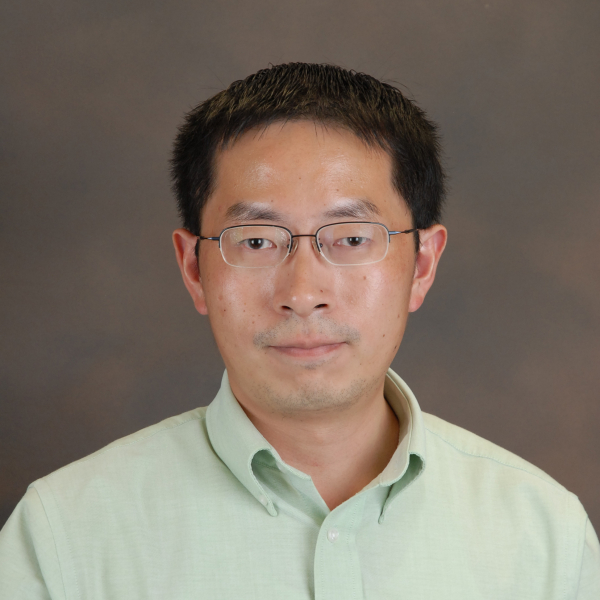Newly Funded Project Has the Potential to Reduce Guesswork in Vaccine Development

Over 90% of licensed vaccines work by eliciting B-cell antibody responses. However, how these vaccines stimulate B cells, and specifically what molecular ingredients are required to yield long-lasting protective antibody response, are far from being understood. Wei Cheng, PhD, has been awarded over $430,000 from the National Institute of Health (NIH) to explore B cell responses to vaccine antigens.
“Knowing what ingredients are needed, and how to combine them together, will reduce the amount of guesswork involved in vaccine development and can potentially standardize the formulation for future vaccines,” says Wei Cheng, associate professor of pharmaceutical sciences.
The project entitled “B cell responses to particulate antigens,” led by Prof. Cheng will quantitatively and systematically examine the roles of molecular ingredients commonly employed in a vaccine formulation on B cell and antibody responses.
“If successful, this work will be the first study to dissect the impact of various molecular features of a vaccine antigen on antibody responses, and reveal how they act on B cells to influence B-cell fates including activation, proliferation and differentiation, all of which are the required early events that lead to protective antibody responses,” explains Prof. Cheng. “These results will serve as the prelude for a mechanistic understanding of how protective immune responses are elicited by vaccines at molecular and cellular level, which would fill in a gap in our knowledge that is much needed for the rational design of vaccines.”
After earning a BS in biology from the University of Science and Technology of China, Wei Cheng completed his PhD in molecular biophysics at Washington University, in St. Louis, MO, and did postdoctoral training at The University of California, Berkeley. In 2009, he accepted the Ara Paul endowed assistant professor position at the University of Michigan College of Pharmacy. Since joining the College of Pharmacy, Professor Cheng’s lab has made breakthroughs in techniques available for understanding molecular features of viral particles that are important for infection and immune system activation. His work has been recognized through several prestigious awards at the national level, including the NIH Director’s New Innovator Award, National Science Foundation CAREER Award, the 3M Non-Tenured Faculty Award, and the Basil O'Connor Starter Scholar of the March of Dimes Foundation.



